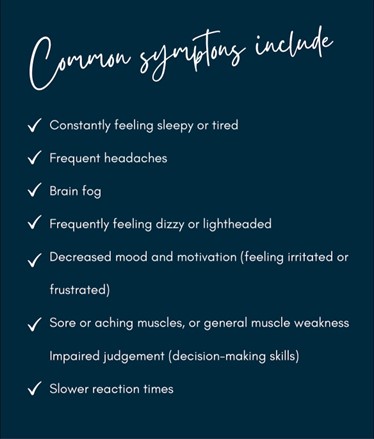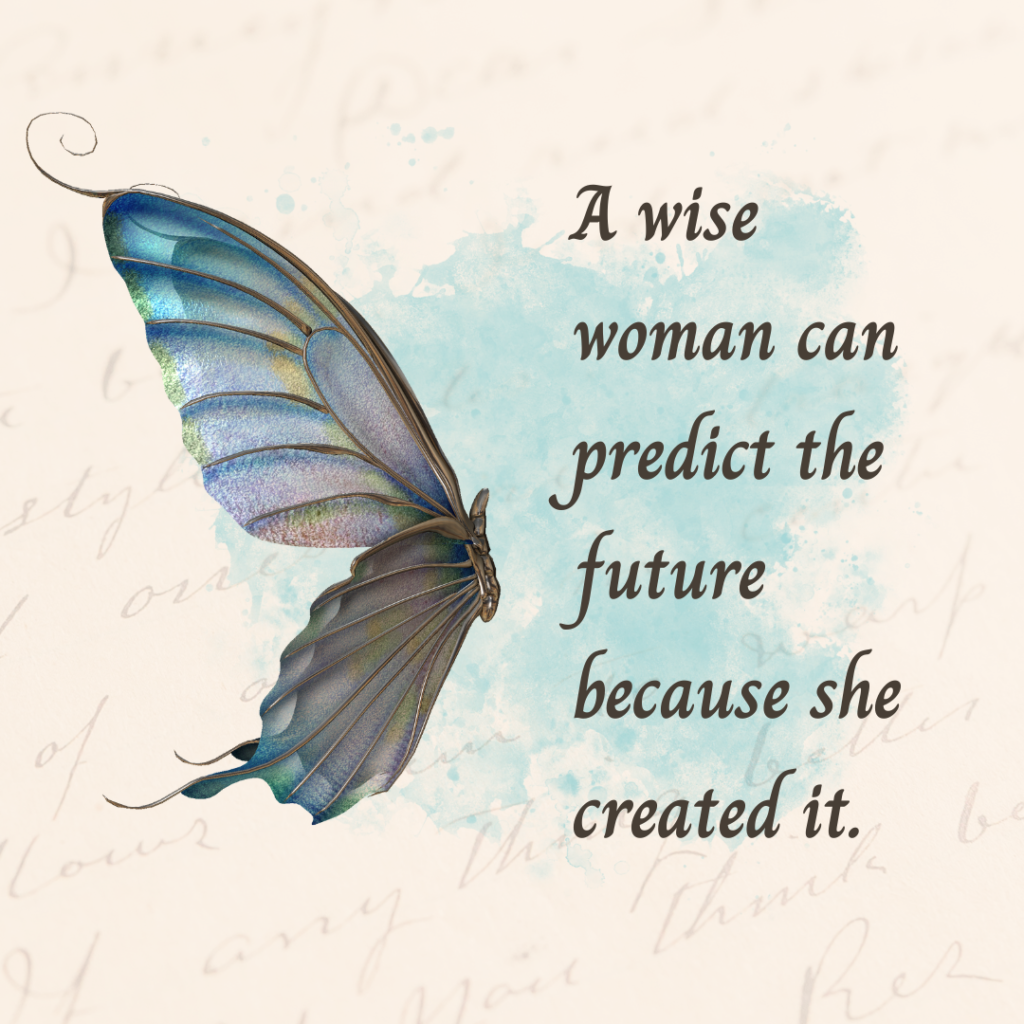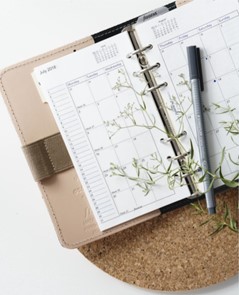Recharge Your Energy Spark
What is Energy?
Many of us will experience fatigue or low energy throughout our lives. While we all have short stints where we burn the candle at both ends, or have a few late nights in a row, low energy over an extended period can be a real problem.
Difficulty concentrating, a lack of motivation, a lost desire to do things that previously brought you joy, and always being asked “if you’re feeling ok” isn’t fun in the short term and can be debilitating over the long term.
Energy is a complicated thing, and it’s not as simple as adding an extra shot to your morning coffee.
Energy is so much more than how much “get up and go” a person has. Our bodies use energy in the form of Adenosine Triphosphate (ATP); ATP is the main energy currency within our cells.
This energy is required for all bodily functions, such as digestion, muscle contractions and nerve impulses to name a few. While our bodies perform most of these functions subconsciously, we’re more likely to notice a lack of energy when it starts to interfere with our daily lives.

None of these symptoms are fun to experience and can be problematic because of the ‘flow on effects’ they create. For example, brain fog could lead to poor performance at work; slow reaction times and impaired judgement is a dangerous combination when driving; and decreased mood can impact your relationships with those around you.
HOW DOES ENERGY WORK IN YOUR BODY?
The process starts with the food we eat. Put simply, we digest foods, carbohydrates, fats and proteins. The body preferentially uses carbohydrates for energy as they are easily converted to glucose in the body.
That glucose is transported to cells and converted to ATP in the mitochondria, otherwise known as the powerhouse of the cell. Dietary fats can also be used for energy when glucose levels are low. When the body has enough glucose, fats are stored in adipose tissue ready for those times of low carbohydrate availability. While dietary proteins from meats, eggs and legumes are broken down into amino acids and absorbed into circulation, they are generally all used to produce new proteins in the body. However, excess protein can be converted to glucose and used to produce ATP if required.
What is Glucose?
Glucose is a monosaccharide, a simple sugar, made up of only one kind of sugar molecule. In our modern world, following our modern diets, we are more likely to be consuming too many carbohydrates than too little. The problem is that simple sugars from refined foods like white rice, pasta, bread, cookies and chocolate bars provide immediate, short term blood glucose spikes followed by lows.
Complex carbohydrates from foods like wholemeal breads and pasta, brown rice and legumes provide nutrients and importantly, fibre which slows down digestion and, therefore, the release of glucose into circulation, providing more sustained blood glucose levels and energy production.
IMPORTANT INSULIN
Glucose is processed, stored and regulated in the body by a hormone called insulin which is produced and released by the pancreas. Without insulin, some cells would not be able to take in glucose from the blood stream, leaving them without the main substrate for producing ATP.
If you think of your cells as little houses, insulin knocks on the door and glucose transporters open it, allowing glucose in. If you have more glucose in your blood than is needed for your current level of activity and bodily functions, insulin stimulates the liver to store it as glycogen for future use.

PAMPERING THE PANCREAS
The pancreas performs many important roles within the body, being part of both the digestive and endocrine systems. However, the production of insulin is reason enough to pamper your pancreas! Some people suffer from genetic abnormalities that can affect the performance of the pancreas, however there are several lifestyle factors that can cause the pancreas to underperform.
These include things such as:
- Smoking
- Alcohol consumption
- Being overweight
These factors may not come as a complete surprise, as all three have numerous detrimental effects on our health. To look after your pancreas (and your whole body), avoid smoking, reduce your alcohol consumption, and make sure you aren’t carrying excess weight.
EXERCISING FOR ENERGY
When you’re experiencing low energy, exercise is likely the last thing on your mind. It may seem counter-intuitive, but that exercise that can feel as though it’s wearing you out, can actually help to improve your energy levels. As well as helping to mitigate the risk of carrying excess weight that can affect your pancreas, regular exercise helps to improve insulin sensitivity.
When we exercise, our muscles require an increased amount of energy which as we know comes firstly, in the form of glucose. This requirement for extra energy signals to the pancreas to increase insulin production and release, the effects of which can last for up to 24 hours after exercising, depending on the activity.
STRESS LESS
Our natural “fight or flight” response to stress increases the production of adrenaline and cortisol. These hormones increase the amount of glucose in the blood for instant energy (historically so we could run away from the physical threat). Long term stress equals long term release of these hormones and chronic release of insulin.
Eventually this leads to insulin resistance which is a fancy way of saying the glucose transporters get tired of opening the door to glucose and just ignores insulin knocking on the door. The result is excess glucose in the blood, and that causes a whole host of problems for the body.
CONSIDER CARBOHYDRATES
Carbohydrates are one of the main stimuli that cause a rise in blood glucose, and a subsequent rise in insulin levels.
While you do need carbohydrates in your diet, it’s important not to have too many of them, and to select the right kinds of carbohydrates.
Spread your carbohydrate intake throughout the day and choose complex forms over refined carbohydrates.
SUBTRACT ADDED SUGARS
Wherever you can, cut back on sugars to avoid a spike in blood glucose. Foods like cakes, lollies and chocolates are obvious offenders, but added sugar can creep in when you least expect it.
It is always better to stick to whole foods where possible, but where it’s not, be sure to always check the nutrition label for added sugars which may go under a pseudonym such as fructose, corn syrup or sucrose.
SEEK OUT SLEEP
Step back from the snooze button, and try to get some uninterrupted sleep, rather than fractured sleep. There are many options to support good quality sleep, including a good night-time ritual, reduce exposure to devices, mindfulness, meditation, herbs and nutrients.
CIRCADIAN RHYTHM
Put simply, your circadian rhythm is an internal clock, also known as your sleep/wake cycle. Your circadian rhythm is controlled by part of your brain called the hypothalamus which releases the hormone melatonin, and that makes us sleepy.
Historically, this internal clock exists to determine the sleeping and feeding patterns that best suit us as humans. For some of us, getting to sleep, and staying asleep, is a huge challenge. Sleep is a very complicated, and sometimes elusive, especially during times of stress.

Some good sleep hygiene tricks include:
- Switch off
- Beautify your bedroom
- Curb your caffeine
- Avoid alcohol consumption
- Seek out sunlight
- Stick to a schedule
- Balance your breath



SWITCH OFF FOR MORE ENERGY
Blue light is notorious for interrupting sleep patterns, but did you know that all artificial light has the potential to influence sleep patterns. Living only by the light of the sun isn’t practical for our modern lifestyles, but we can mitigate the impact artificial light has on our sleep to an extent.
For 50-60 minutes before bedtime, switch off the TV and stop scrolling on your phone or tablet. If you absolutely must use these devices in that timeframe, try turning down the brightness, or switching to “night mode”.
BEAUTIFY YOUR BEDROOM
Your sleeping environment can have a big impact on how easily you fall asleep. Minimise external noise and light wherever you can, and make sure your bedroom is clean and clutter-free. Another factor that can come into play is your bedroom temperature; studies have shown that most people sleep best in a room that is around 20 0 C. Invest in bedding that suits you, make sure your mattress and pillows are right for you, and support a comfortable night’s sleep.
CURB YOUR CAFFEINE
Cutting down on your caffeine intake can do wonders for your sleep. It’s easy to get sucked into a cycle of too much caffeine which then affects your sleep, making you crave more of it the next day, and so on and so forth. If you must have your daily coffee, try to have it in the morning, far away from bedtime. Be mindful of the amount of caffeine in tea as well and opt for herbal teas in the afternoon and evening instead of black or green teas.
SEEK OUT SUNLIGHT
Natural sunlight can work wonders for our bodies, especially our circadian rhythm. Try to get outside and enjoy some sunshine every day, just make sure you adequately protect your skin.
Head out for a walk on your lunch break, or even just eating your lunch outside exposes you to natural light which can improve daytime energy and helps you get to sleep faster at night.
AVOID ALCOHOL
Just in case we needed another reason to lose the booze, alcohol has been shown to negatively affect sleep. Sleep apnea, snoring and disrupted sleep patterns can all be exacerbated by alcohol consumption. Alcohol can also disrupt your body’s production of melatonin.
STICK TO A SCHEDULE
This one might be tricky for shift workers but maintaining a consistent sleep-wake cycle can help condition your body and result in higher energy levels during the day, and a better sleep at night. Set your alarm for the same time every day and use whatever reminders and routine you need at night to help keep your sleep cycle consistent.
BALANCE YOUR BREATH
When you’re tossing and turning, it can be very easy for your mind to wander, keeping you awake far longer than desired. Relax by focusing on your breath, and make your “out” breath longer than the “in” breath, and hold your breath in for a few seconds. Start with breathing in for 4 counts, holding for 2 and breathing out for 5, gradually increasing if you can. The actual duration of each stage of the breath depends on your personal preferences, but the theory remains the same, just find what works for you.









